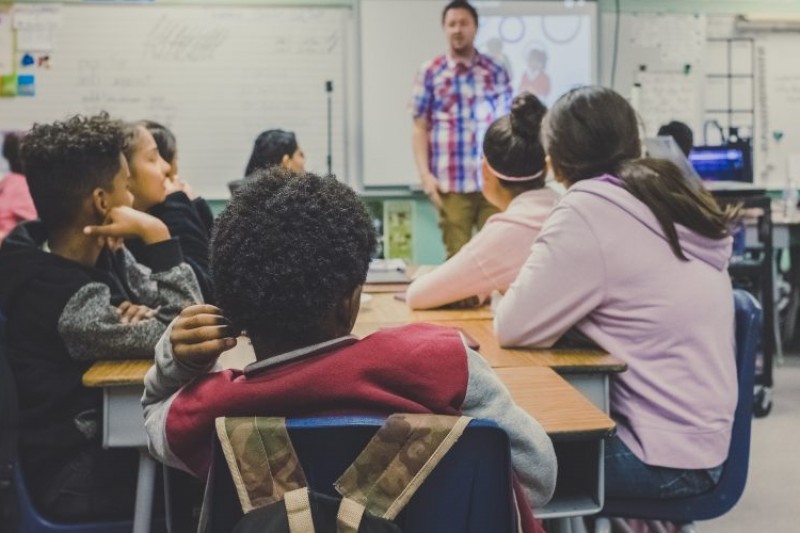
Dr Annamária Neag, of the Faculty of Media and Communication, suggests that translating academic research for a young audience can help increase the impact of research. The Marie Curie Research Fellow believes that opening up the research process and findings to new publics creates new research possibilities.
Dr Neag’s theory of translating the research process began when she was invited to present her research at the Youth Media Education Summit in Hong Kong. When preparing for the event she realised that her usual academic slides would need to be reconfigured.
Her research focuses on unaccompanied refugee youths and the way they use digital technologies and social media. In an attempt to make the work accessible to teenagers, Dr Neag prepared an interactive presentation which included board games as an ice-breaker.
While students were presenting their own findings, Dr Neag was able to draw a parallel with what unaccompanied refugee youth has told her about their use of Facebook, Whatsapp or Google Translate. It was an eye-opening experience for all involved. Students realised how privileged they were to be connected through many digital means. For Dr Neag, it was revealing to see how similarly teenagers use technology, even when there are multiple lifestyle differences between teenagers around the world, such as family situation, legal rights or language barriers. Having carried out this activity in Hong Kong, Dr Neag decided to replicate it in UK schools.
Dr Neag says: “I’ve had the opportunity to meet over 100 students in Slough and in Bournemouth. These encounters were extremely useful in rethinking my own assumptions and to add further depth to my understanding of how young people use digital technologies. If you’re thinking about trying this out with your own project, I can only recommend it, as it seems that it was a positive experience for the teachers too.”
Jake Barber, Head of Creative and Performing Arts at The Langley Academy, Slough, says: “The sessions were well-resourced, informative, interactive and added a different dimension to the content my students have explored with me in Media Studies regarding the depiction of immigration/asylum seekers in the mainstream media as well as the impact technology has on developing nations and within the asylum process. As is often the case, new subject matter is absorbed and embedded by students more readily when provided in an engaging and interactive environment.
“Annamaria’s experiences, use of a board games, and in-depth knowledge of the debate, made her approachable to the students and more importantly, removed many of them from the sheltered perspectives they harbour having not experienced the persecution or conflict others around the world have. In an age where many teenagers frequently comment that they could not live without their phones and social networking, it was intriguing to expose them to the very sobering thought that for some, it is an actual lifeline”.



